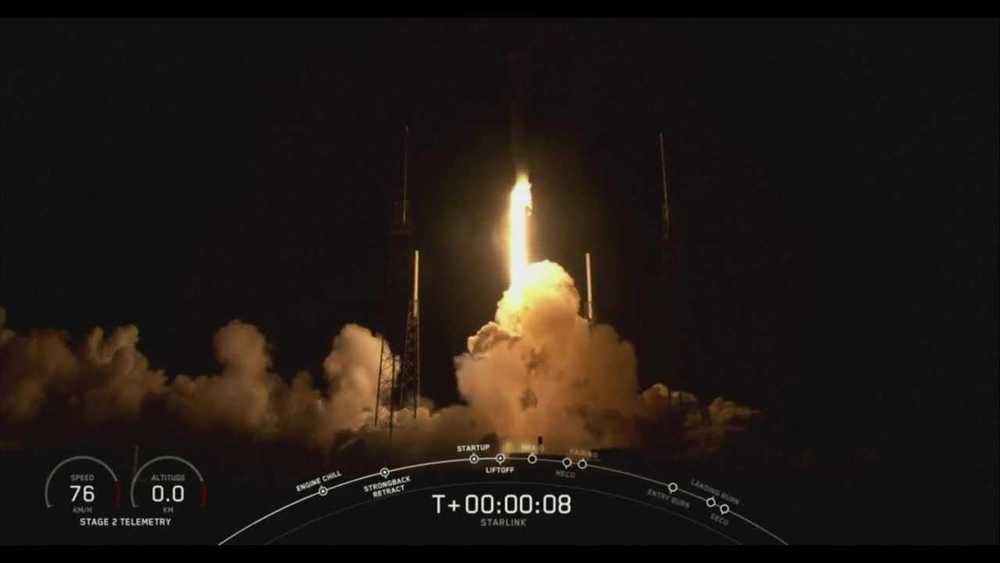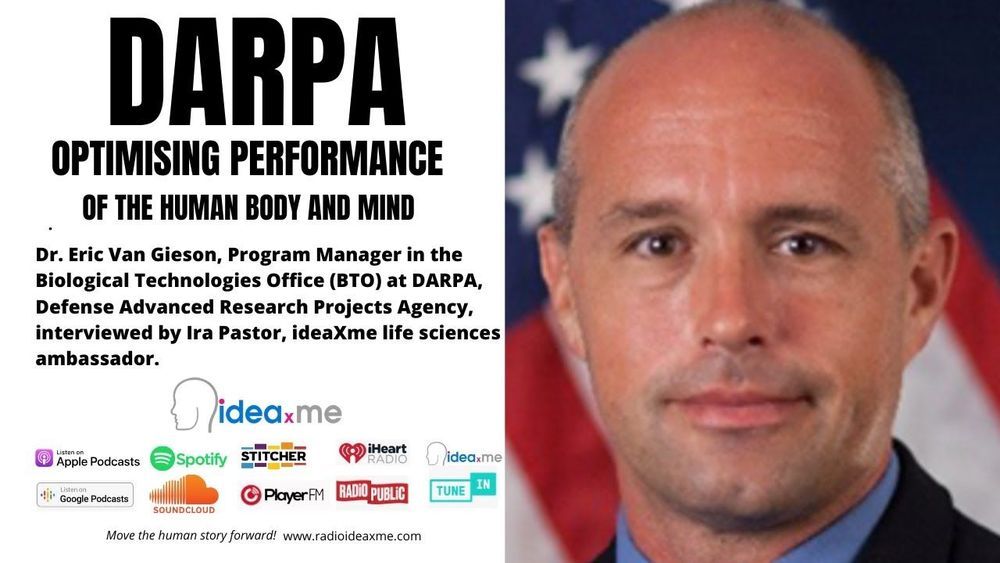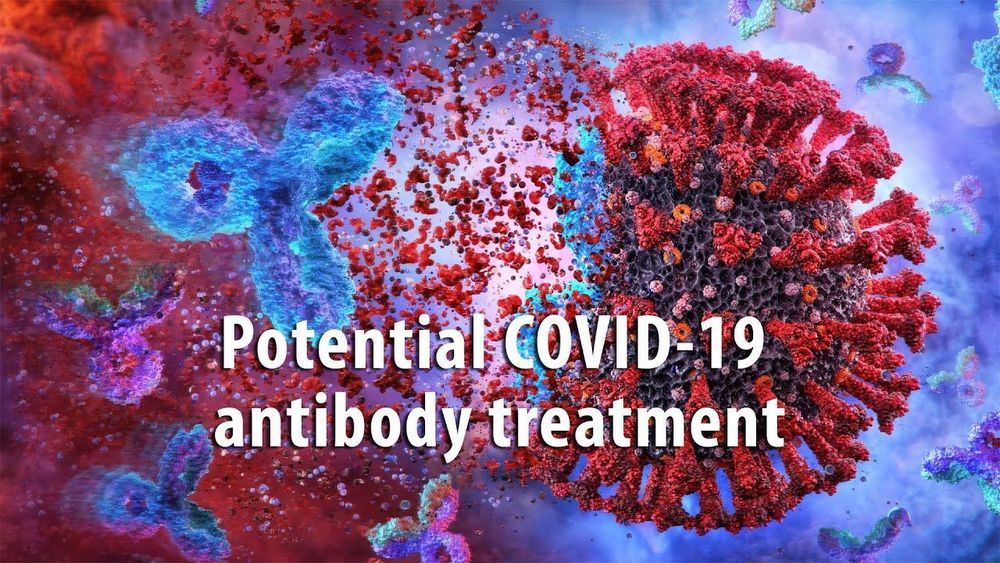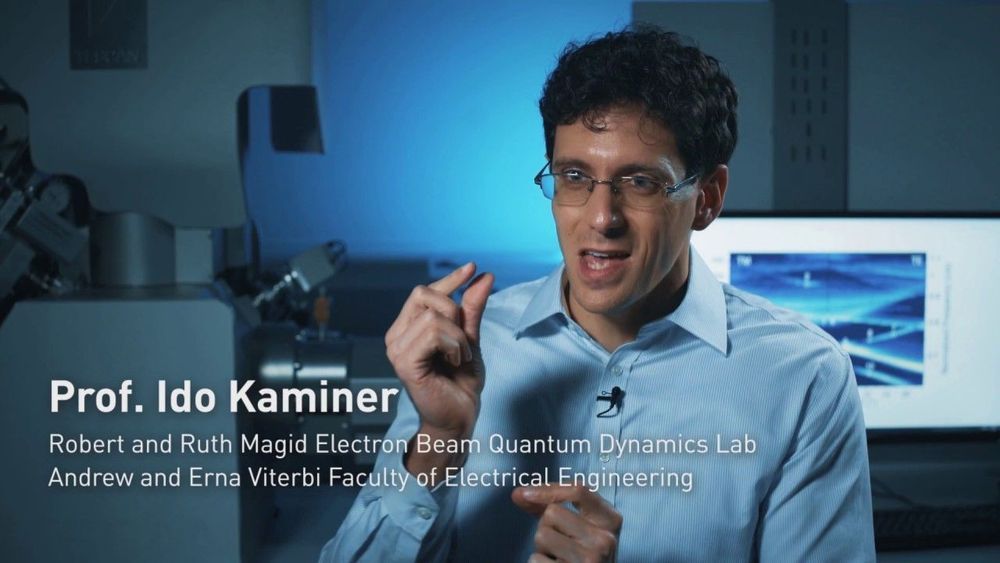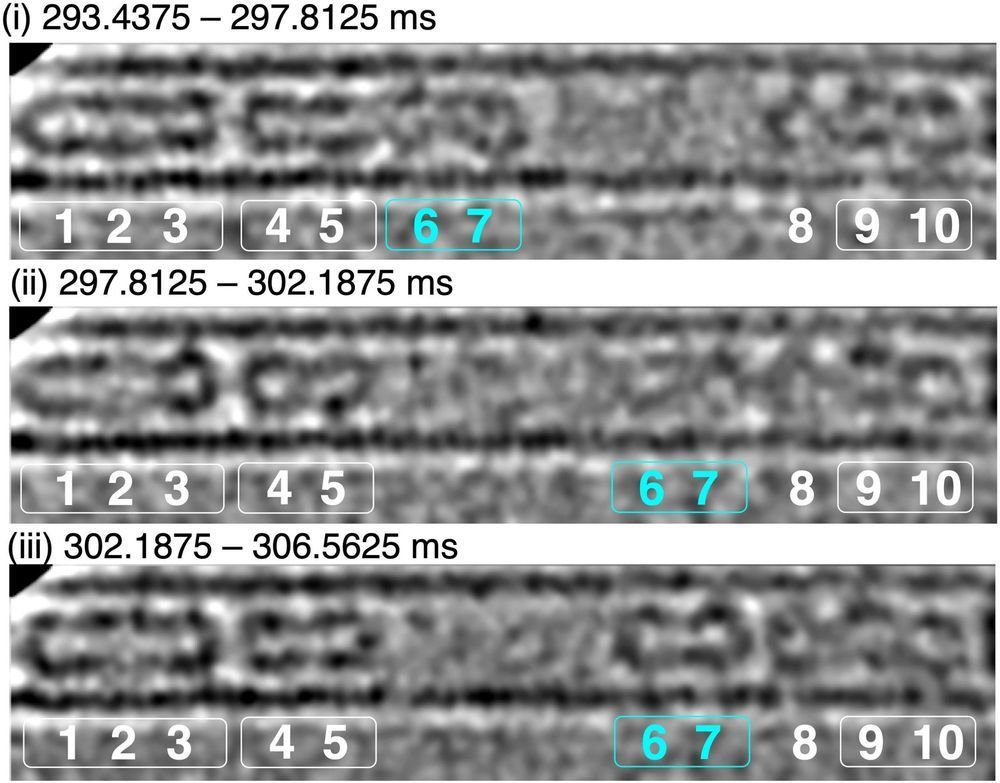Jun 6, 2020
Lancet, NEJM retract Covid-19 studies that sparked backlash
Posted by Omuterema Akhahenda in category: biotech/medical
The Lancet, one of the world’s top medical journals, on Thursday retracted an influential study that raised alarms about the safety of the experimental Covid-19 treatments chloroquine and hydroxychloroquine amid scrutiny of the data underlying the paper.
Just over an hour later, the New England Journal of Medicine retracted a separate study, focused on blood pressure medications in Covid-19, that relied on data from the same company.
The journals said the authors of the paper were unable to complete an independent audit of the data underpinning their analyses.
Continue reading “Lancet, NEJM retract Covid-19 studies that sparked backlash” »



